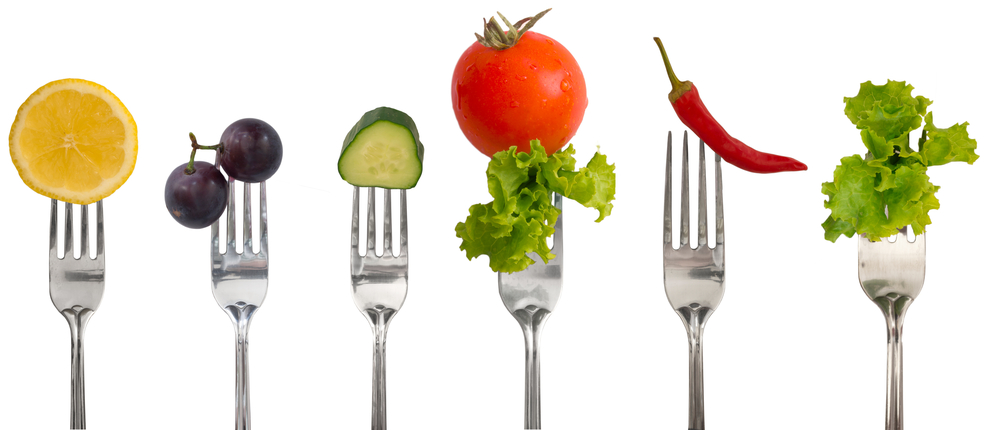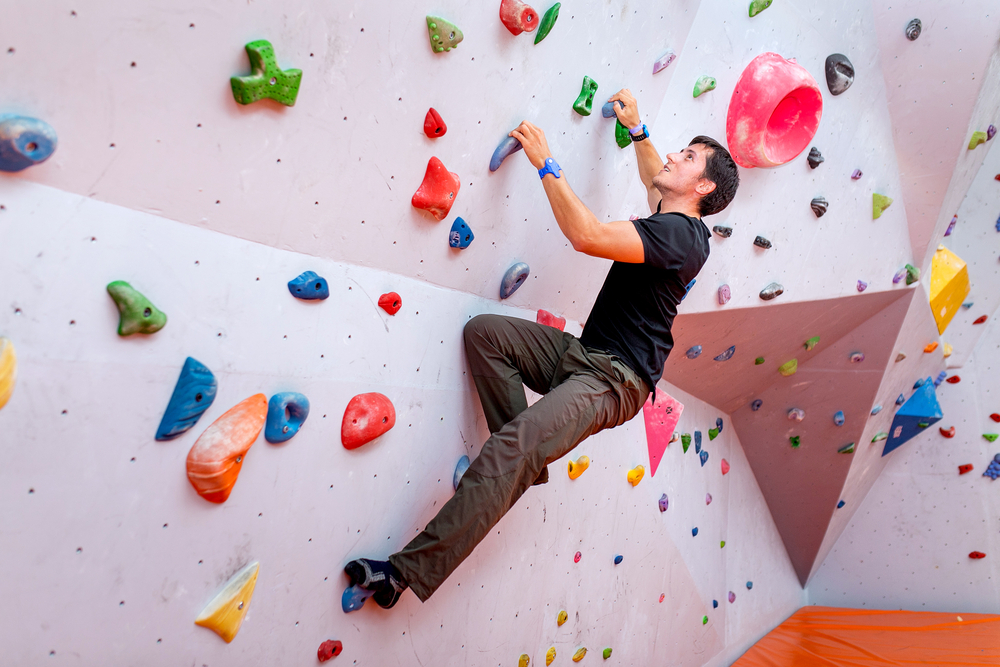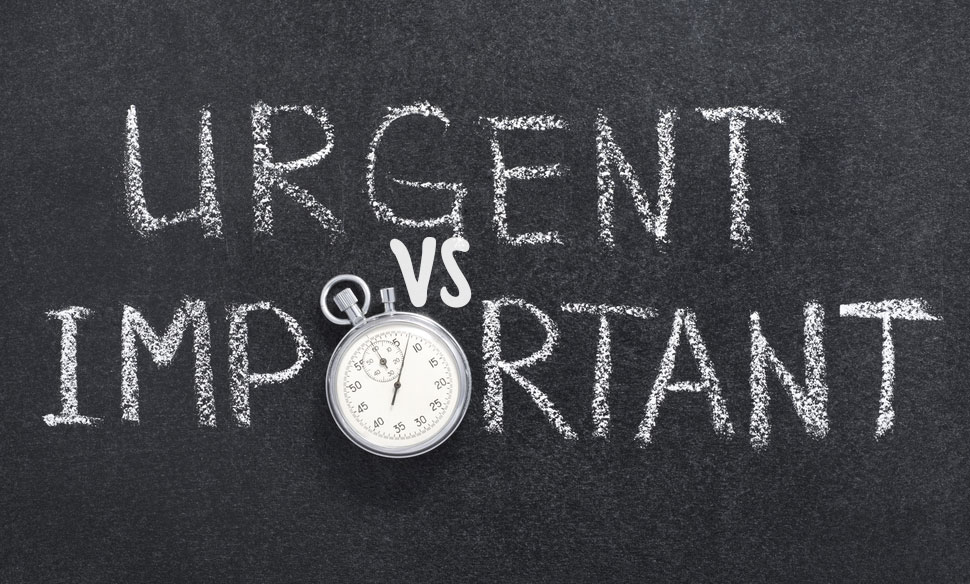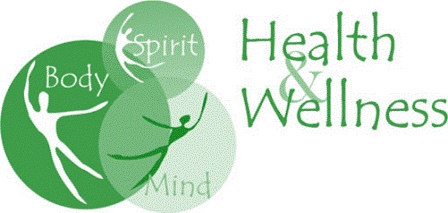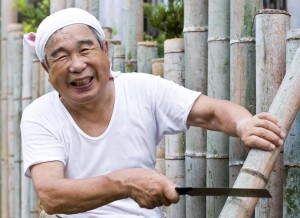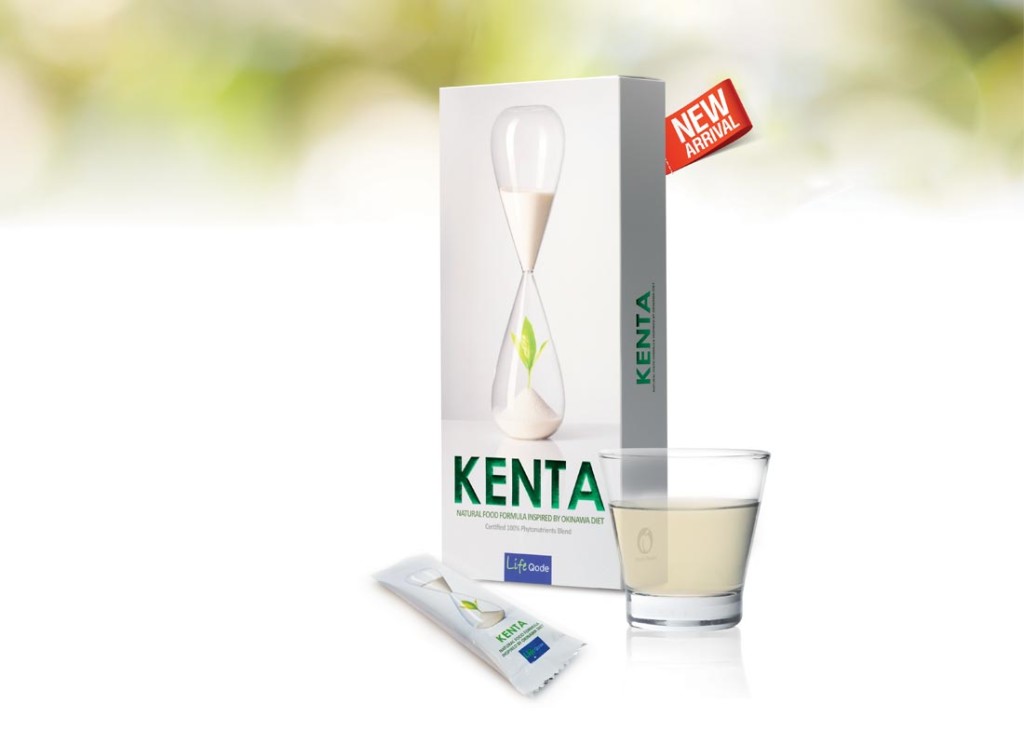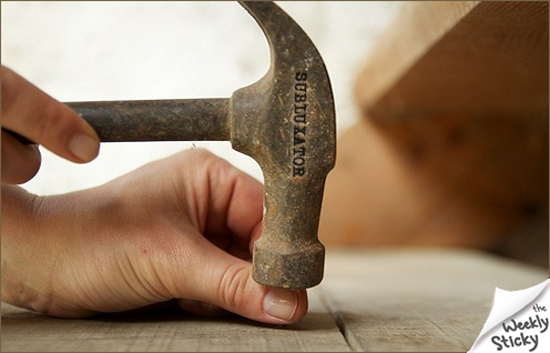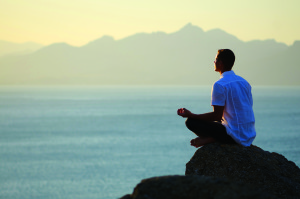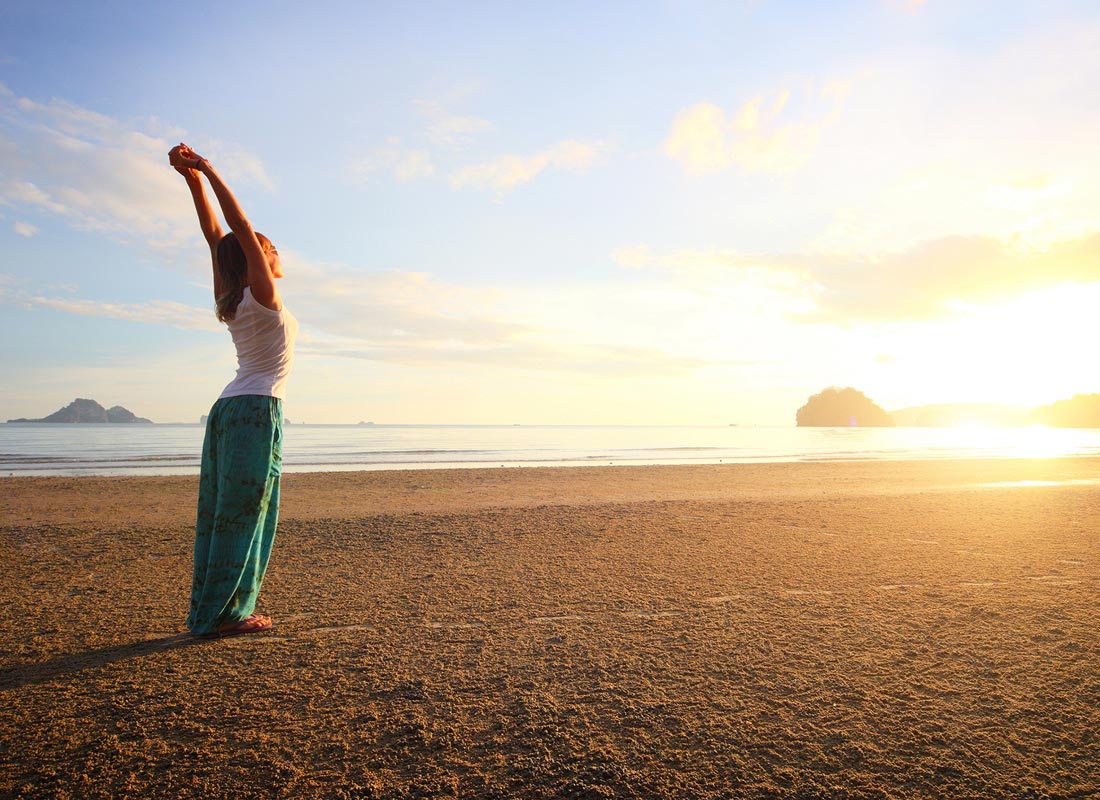(Originally published in aspIRe magazine issue 24)
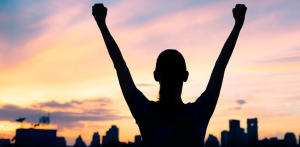
I have always believed that we should empower everyone and treat everyone equally, no matter what race, sex, age or religion. I am not a feminist and I am also not a sexist, but I do believe in the natural order of things, and I believe that there is an order in this world where everyone has a specific function to fulfill to ensure balance. And this balance was created to ensure our society doesn’t break down in chaos.
What is very important to understand is that the natural order of things doesn’t make one person better than the other, and it doesn’t mean that one person is more empowered than the other. In fact, everyone is important in the universal circle, and everyone is empowered and valuable in their function.
And yet, somehow society has always given more importance to people with big bank accounts, houses and other worldly possessions. Our cultural up-bringing tells us that the rich are the most empowered, and typically these people have always been men. So society has always given more importance and more power to the wealthy, male population of our civilisation. They have always been seen or treated as the most empowered and most powerful.
However, empowerment is not expressed by possessions or money, it is not expressed by your position in society or your job title. We are all individuals and we are all born different, but we must understand that we are equal in spirit. Whether we are black, white, woman or man: we are equally the same essence. If we are equal in spirit and in our essence, then we are equal in our place in this world and equal in terms of empowerment.
Empowerment means to understand who you are in terms of your very nature. Real equality and empowerment is found in spirituality, not in the material world. Real empowerment is spiritual empowerment.
So remember: no one can empower you. Only you can empower yourself. Embrace your individuality, embrace your essence, but also embrace others for who they are, no matter if man, woman, black or white. Ultimately, we are all one. One in essence and in spirit.

